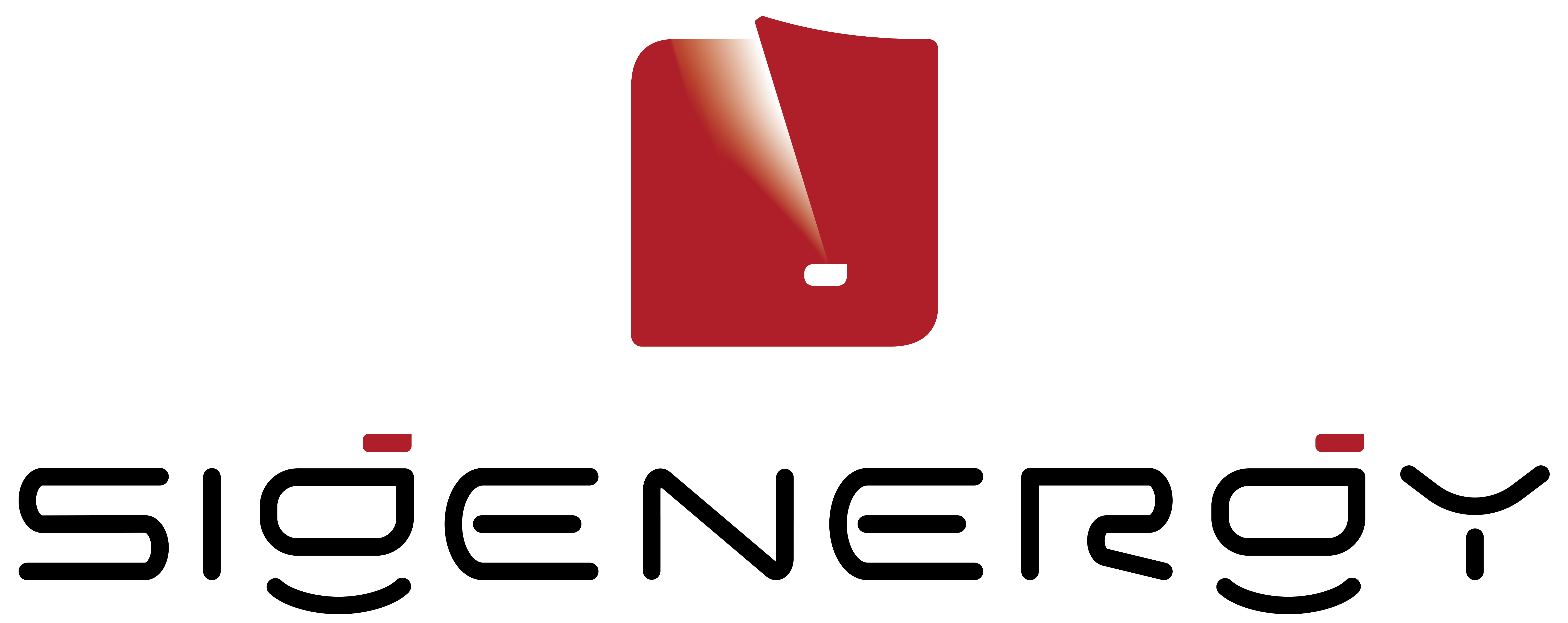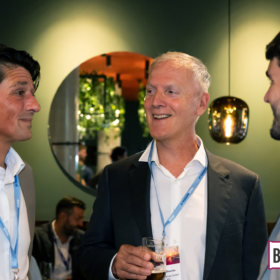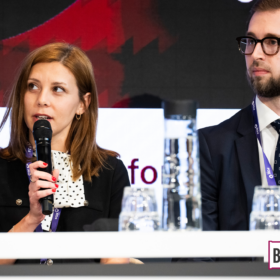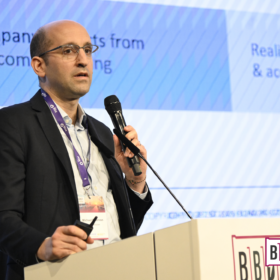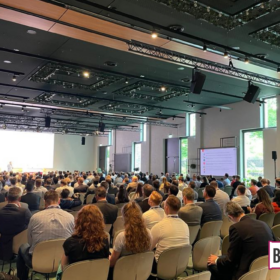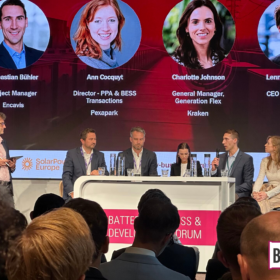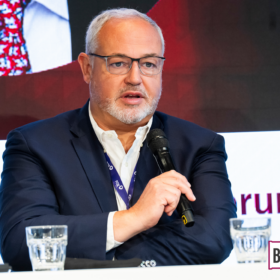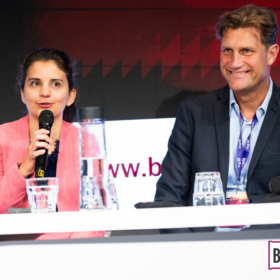Battery Business & Development
Forum 2026
Following the resounding success of its inaugural edition, the Battery Business & Development Forum returns in 2026!
Europe’s battery storage market continues to evolve at a breakneck pace, with new hot spots emerging across the continent. Equity and debt providers are showing greater confidence in the asset class than ever before, spurred by robust revenue opportunities in an expanding range of markets. Developers, meanwhile, continue to navigate regulatory hurdles and grid connection queues – yet are becoming increasingly innovative in finding effective solutions. At the same time, the supply chain is showing encouraging signs of growth and diversification.
Jointly organized by Conexio PSE, pv magazine, and SolarPower Europe, the Forum will once again take place in Frankfurt am Main, from March 31 to April 1, 2026. Join Europe’s leading annual knowledge platform dedicated to utility-scale battery storage – where market leaders, innovators, and investors meet to shape the future of energy storage.
Event program at a glance
- March 30: First conference day and evening networking reception
- April 1: Second conference day with expert sessions & workshops
Agenda Overview
Day 1 — March 31, 2026
10:00 am – 11:15 am
Session 1 | From global funds to local backers: Diverse capital flows in battery storage
Investments in battery energy storage come from a wide spectrum of capital sources and understanding who’s backing these assets is essential to grasping the evolving landscape. In this session, you’ll gain insights into how institutional investors assess opportunities and manage risks across major markets. You’ll also learn how regional players – including family offices, local banks, and private equity providers – are financing smaller-scale projects or co-investing alongside developers. Key focus areas include gaining investor visibility, identifying routes to market for BESS assets, and understanding what project criteria are essential now – and will be for future financing.
— Coffee Break —
11:45 am – 1:00 pm
Session 2 | BESS routes-to-market in Europe: Balancing reality, risks, and opportunities
This session will explore Europe’s most lucrative markets for battery energy storage and the diverse routes to market available. From fully merchant operations to partially contracted revenues through capacity market procurements and rigid tolling agreements, there are multiple ways to commercialize battery storage assets. We will examine the advantages and drawbacks of these options and assess their viability across different European markets. Additionally, the session will address the evolving landscape of monetization pathways, highlighting how the emergence or disappearance of certain revenue streams could reshape the economics of operating projects.
Deep Dive Germany 1 | Dialogue between developers and grid operators
Securing timely and unconstrained grid connections has emerged as one of the most critical challenges for advancing battery storage projects in Germany. This session brings together leading grid operators and BESS developers to examine the current landscape of grid connection approvals, the evolving AgNeS process, and the potential impact of upcoming tariff reforms on project timelines and investment certainty. Participants will also discuss how the Baukostenzuschuss (BKZ) affects project economics, how it influences financial viability, and which practical strategies and workarounds developers are currently employing to manage these costs and accelerate deployment.
— Lunch Break —
2:00 pm – 3:15 pm
Session 3 | Banking on risk: Financing merchant and tolling models for storage
Banks are increasingly backing battery energy storage systems. However, as batteries are often held back by complex regulatory frameworks, accessing non-recourse financing remains challenging. Developing a credit solution is difficult due to the constantly evolving nature of the BESS revenue stack, with bankers holding varied perspectives on lending conditions, market risks, and technical guarantees. This session will explore how banks evaluate different routes to market and provide insights into the progress of merchant bankability compared to the growing reliance on tolling agreements and contractual hedges, both now and in the years to come.
Deep Dive Europe 1 | What’s Brussels’ plan for battery storage in European markets
Representatives from the EU and industry associations will discuss Europe’s upcoming regulatory priorities and market design for battery storage. The session explores how EU strategies – under all relevant policy frameworks, including a dedicated Energy Storage Strategy under preparation — aim to scale storage deployment, strengthen flexibility markets, and accelerate integration into a resilient, renewables-based power system across EU member states.
— Coffee Break —
3:45 pm – 5:00 pm
Session 4 | Resilient grids with grid-forming batteries: Market opportunities and technical pathways
Grid-forming batteries are set to redefine resilience. This session outlines where grid service markets are established or emerging – e.g. Germany from 2026 and beyond, and other mandatory markets — and how they enhance system stability. Experts explore the role of grid services in strengthening energy systems – providing a market outlook as well as technology insights on implementation pathways
Deep Dive Europe 2 | European success stories – What drives storage deployment?
From the UK to Italy and Bulgaria, this session highlights the policies, business models, and financing strategies powering Europe’s most dynamic storage markets. Hear from developers and policymakers about how local regulation, price signals and grid strategies foster deployment, what lessons can be learned from mature markets, and where new growth opportunities are emerging across the continent.
Day 2 — April 1, 2026
9:00 am – 10:15 am
Session 5 | Global supply chains – Ensuring secure and transparent product sourcing for Europe
As Europe rapidly expands its battery storage fleet, supply chain security becomes essential. This session compares European and global manufacturing standards, mapping who produces what and where. The session will assess how EU legislation, like NZIA, ESG reporting, and the Cyber Resilience Act, affect sourcing choices. Developers and investors gain guidance on ensuring product quality, compliance, and transparency across supply chains.
Interactive BESS Lab | Structuring and financing storage projects in Europe
Dive into a hands-on, interactive workshop where developers, equity investors, banks, and market analysts co-create a financing plan for a hypothetical battery energy storage project, using Germany as a practical example. The session tackles the core question: how to reach price agreements in today’s storage landscape. Participants will test revenue stacks and financing structures against real market benchmarks, including concrete revenue calculations. The audience plays an active role, discussing alternative structures linked to real project examples, while opening insights provide a comparative look at optimizer quality. This workshop offers practical tools, actionable insights, and a deep dive into financing storage projects in Europe today.
— Coffee Break —
10:45 am – 12:00 am
Deep Dive Europe 3 | Made in Europe – How to Build a Competitive European Manufacturing Base
Building a strong domestic battery manufacturing base is critical to Europe’s energy autonomy. This session unpacks EU policies such as NZIA, CISAF and EU-made bonuses, addressing competitiveness, skills, and raw material challenges. Battery manufacturers and policymakers share insights on needs, targets, project designation and lessons learned at home and from Asia and the U.S., outlining potential pathways to bankability and industrial strength.
— Lunch Break —
1:00 pm – 2:15 pm
Session 7 | Safety, Security & sustainability – Aiming high despite huge cost pressure
Ensuring high standards under cost pressure remains a top priority to enable smooth growth and operations of BESS projects in Europe. This session addresses safety and product standards across the storage value chain, due diligence for compliance and investor assurance, and circularity through recycling of critical raw materials. Experts also examine the EU Cyber Resilience Act’s impact — particularly for projects using non-European backend systems — and how developers can mitigate related risks.
Deep Dive Germany 2 | Business models for co-located PV + storage
With grid connection bottlenecks worsening, co-location is poised for unprecedented growth – offering a major opportunity to enhance the value of generated electricity. This will become even more critical as the current grid fee exemption for storage is expected to phase out after 2029. In this session, we will explore the wide range of emerging business models in Germany. By April, the next Renewable Energy Sources Act (EEG) reform will have taken shape, and we will discuss its implications for storage in tendered projects under the new support framework. We will also examine the economics and financing of renewable-only storage, merchant models, and hybrid PV + storage PPAs. The session will highlight different structuring options and shed light on how banks, technology providers, and offtakers evaluate the opportunities and risks of these evolving models.
— Coffee Break —
2:45 pm – 4:00 pm
Session 8 | How to build a future-proof battery storage project
Experience has shown that future-proof project design is essential for battery storage. As the market matures, some revenue streams will diminish while new opportunities emerge, requiring developers to design assets with built-in flexibility – ready to adapt to evolving market dynamics and grid needs. This session explores system design strategies, highlighting how technical choices shape long-term value. Speakers will also examine the challenges of augmenting and retrofitting existing PV systems with battery storage. The discussion will further evaluate the commercial potential of multi-market systems and consider strategies for balancing capital investment with operational efficiency.
Our Event Partner
Become a Sponsor

Julia Wolters
Head of Sales, EMEA
Email: julia.wolters( at )pv-magazine.com
Mobile: +49 175 290 44 01
Back to events overview | Events Code of Conduct | Contact us at [email protected]
This website uses cookies to anonymously count visitor numbers. View our privacy policy.
The cookie settings on this website are set to "allow cookies" to give you the best browsing experience possible. If you continue to use this website without changing your cookie settings or you click "Accept" below then you are consenting to this.

